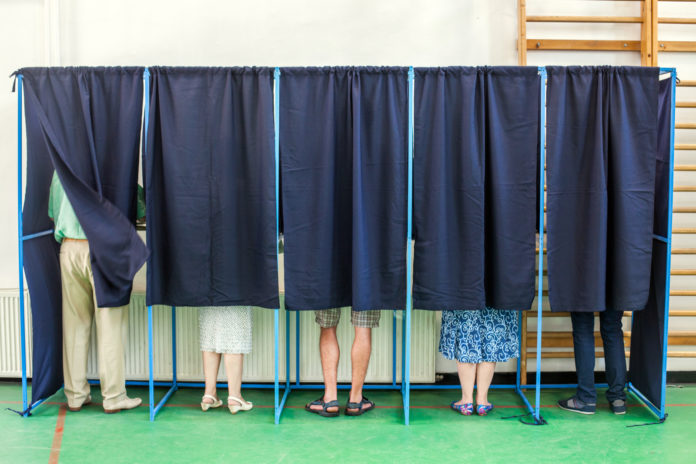Election Day is fast approaching, and the turnout could be historic for a midterm election. However, Election Day has special significance for the cannabis industry. Although most Americans support cannabis reform, elected officials are still skittish about passing cannabis legislation. The majority of state recreational and medicinal cannabis laws resulted from voter ballot initiatives. This year, voters in 5 states will have the opportunity to make their voices heard on proposed cannabis legislation. Check out our Election Day 2018 preview below.
Michigan
Michigan already legalized medicinal cannabis use. If Proposal 1 is passed by voters, Michigan would become the first state in the Midwest to approve recreational cannabis use for adults 21 and over. Adults would be permitted to cultivate up to 12 plants. A 10 percent excise tax would be applied to all sales and would be used to fund local governments, schools, and infrastructure projects. Polling shows a solid majority of Michigan voters in favor of Proposal 1.
Colorado
Colorado residents made history when they approved Amendment 64. Now residents will vote on another important, though less publicized cannabis law. Amendment X has been designed to modernize the state’s legal language concerning hemp. Colorado is one of the few states that defines hemp. Hemp may legally include up to .3 percent THC. But some expect Congress to remove hemp from the Controlled Substances Act and allow higher levels of THC in hemp. If that happens, Colorado producers could be at a disadvantage because growers in other states would not have to worry about producing hemp with such low levels of THC.
Missouri
Here is where things get complicated. Some may be surprised that a state in the Deep South has a cannabis amendment on the ballot. Even more surprising is that Missouri has three. Amendment 2 would legalize medicinal cannabis, institute a four percent sales tax, and direct revenues collected to fund health care for military veterans. Amendment 3 would also legalize medicinal cannabis and would create a 15 percent sales tax. Revenues collected from sales would fund a Biomedical Research and Drug Development Institute which would oversee the medicinal cannabis program and research potential cures for cancer and other life-threatening illnesses. Proposition C may cause a bit of confusion for voters. Like Amendment 2, Proposition C would legalize medicinal cannabis and use tax revenues collected to fund healthcare initiatives for veterans. Unlike Amendment 2, Proposition C would only create a 2 percent sales tax.
North Dakota
If approved, Measure 3 would legalize recreational cannabis use in North Dakota for adults 21 and over. It would also expunge many criminal records for those previously convicted of cannabis possession. Penalties would be administered to anyone convicted of selling cannabis to someone under the age of 21. A recent poll found that 51 percent of North Dakota residents favor Measure 3 while 36 percent are against it.
Utah
Voters in Utah will have the opportunity to approve or reject Measure 3 on Election Day. If approved, Measure 3 would legalize medicinal cannabis for those with a qualifying condition. There has been a bit of drama in Utah over this as Mormon leaders were initially opposed to the measure before coming around to support it. However, Measure 3 may be a moot point. Utah Governor Gary Herbert has indicated that he will push to legalize medicinal cannabis whether or not Measure 3 passes.
Source: Ballotpedia








